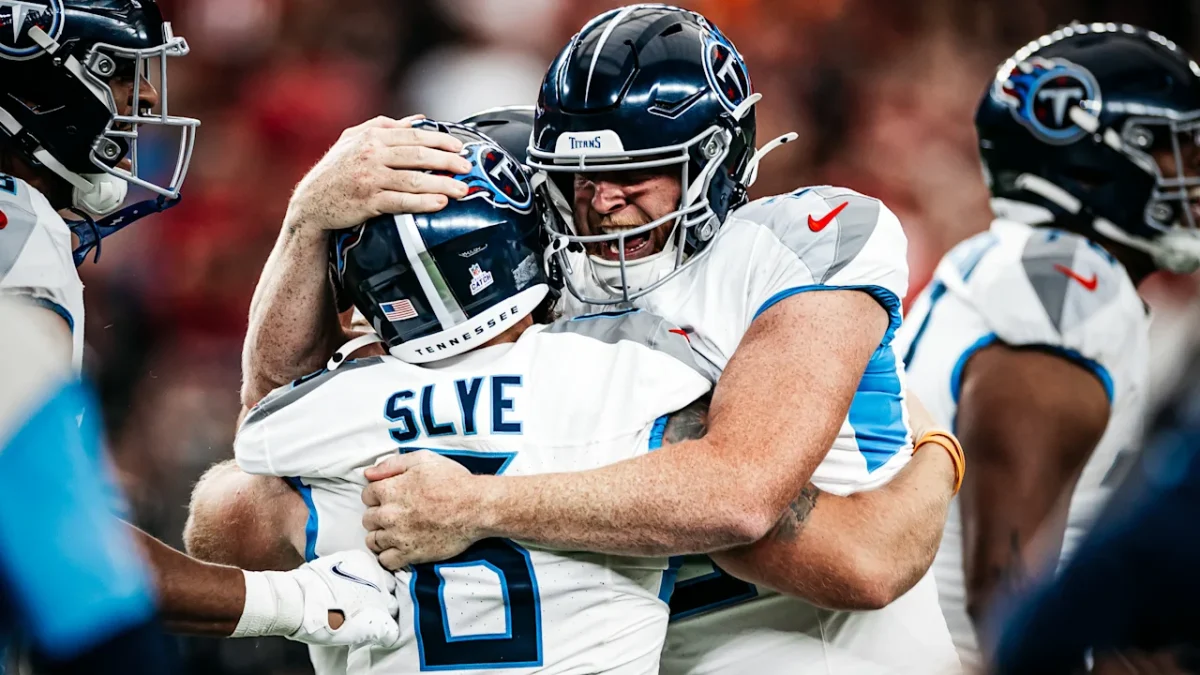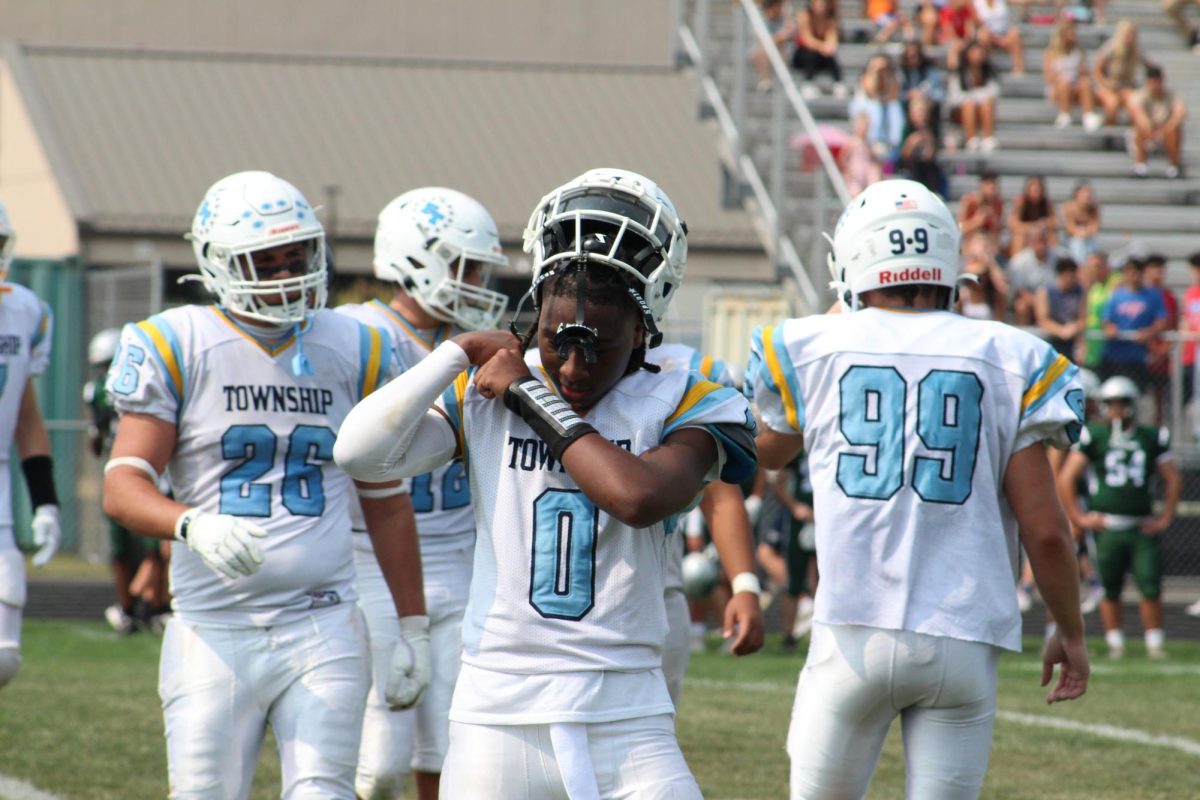A lot of people think college is just about getting a degree. Four years, some classes, maybe an internship, and a diploma. But if you look closer, colleges are lowkey some of the most important engines behind what business looks like in the real world.
The first thing college gives you is access. Not just to professors and classrooms, but to networks. People from different states, different countries, different mindsets. Some of the best businesses started in dorm rooms or campus libraries because students had the time and space to build something together. When you’re surrounded by smart people who are just as hungry as you, ideas hit different.
Colleges also give you resources most people don’t even realize exist. Business plan competitions. Seed funding. Startup incubators. Access to alumni who’ve made it. Free legal help. Workshops. Mentors. All of that is sitting there waiting for someone to take it seriously.
Schools also challenge your thinking. You get pushed out of your comfort zone. You learn how to pitch. How to write. How to lead. How to fail and fix it.
When I planned Holy Hoops, I treated it like a real business. But what I learned in school like how to manage logistics, how to communicate clearly, how to analyze numbers or even made a huge difference. I used those same skills to make sure every part of the event worked, and it helped me think bigger for the next one.
College isn’t the only way to make it, but it definitely gives you a head start if you use it right. It’s not about sitting in class and checking boxes. It’s about taking advantage of the platform you’ve got to build something that can live beyond campus.
If you’re serious about business, don’t just pass through college. Build something while you’re there. Start something that grows with you. Because the next big idea might not come from a boardroom — it might come from a dining hall conversation with someone who believes in the same thing you do.















































